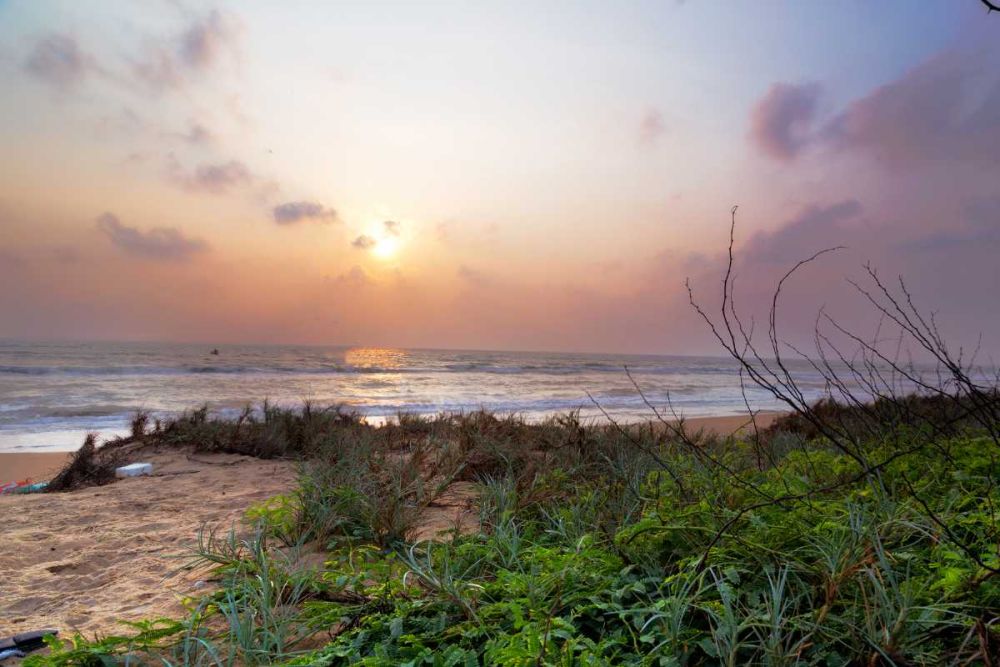

Nellore, a beautiful city located in the southeast part of Andhra Pradesh, India, has a rich tapestry of history and culture that has contributed to its growing popularity as a tourist destination. With its roots stretching back into antiquity, Nellore's history of tourism is as diverse as its landscape and heritage.
The early history of tourism in Nellore is intertwined with the religious and cultural significance of the region. The city is dotted with ancient temples, such as the renowned Sri Ranganathaswamy Temple, which has been an important pilgrimage site for centuries. The temple's annual Brahmotsavam festival has traditionally attracted devotees from all over India. This religious tourism has been a consistent feature throughout Nellore's history.
Tourism in Nellore began to diversify with the colonial influences during the British period. The British constructed bridges and infrastructure that enhanced accessibility to Nellore, consequently facilitating the growth of tourism. Post-independence, with improvements in transportation and communication, there was a gradual increase in the number of people visiting the city.
Nellore's tourism is bolstered by its stunning landmarks that reflect its rich cultural past and natural beauty. The Penchalakona Temple, Udayagiri Fort, and the Nelapattu Bird Sanctuary are significant attractions that continue to draw visitors year after year. Moreover, the Pulicat Lake represents an ecological wonder, appealing to both domestic and international nature enthusiasts.
Ecotourism has lately gained momentum in Nellore as travelers search for sustainable and nature-based experiences. The region's wetlands and bird sanctuaries offer prime opportunities for bird watching and natural photography. Besides, the government and local organizations have been working to promote responsible tourism practices that help in conserving the environment.
Cultural tourism remains robust, with festivals and local traditions being an important attraction. Visitors can immerse themselves in local ceremonies, dance, and music that tell the story of Nellore's rich cultural tapestry. Additionally, the city's cuisine, reflecting its agricultural richness and seafood, presents a delightful gastronomic journey for tourists.
Medical tourism is a growing niche in Nellore’s tourist economy, with its healthcare facilities becoming known for providing quality services at affordable prices, especially in areas like eye care and dental services.
Looking towards the future, Nellore is poised for further growth in tourism. The development of smart city infrastructure, advances in transport connectivity, and promotion of heritage sites will likely continue to increase visitor numbers. As Nellore embraces its historical roots while innovating with new trends, the potential for a transformation into a prominent tourist hub in South India remains high.